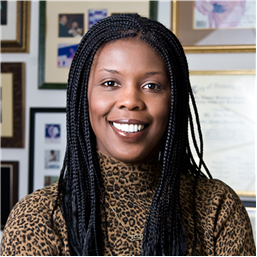The Weaponization of Race
Reflections on the disappointments of the Obama presidency
On February 24, 2023, CURE (Center for Urban Renewal and Education) published a report, “The Weaponization of Race Hurts America,” by Star Parker and Marty Dannenfelser. Star Parker is Founder and President of CURE, a Washington-based non-profit policy institute that seeks to restore dignity through messages of faith, freedom, and personal responsibility. Its vision is to preserve, promote, and protect Christianity, capitalism, and the Constitution of the American republic. Marty Dennenfelser is Vice President for Government Relations and Coalitions. He works to promote understanding and support for CURE’s policies with members of the legislative and executive branches of federal and state governments. He previously served on various federal government commissions and departments.


